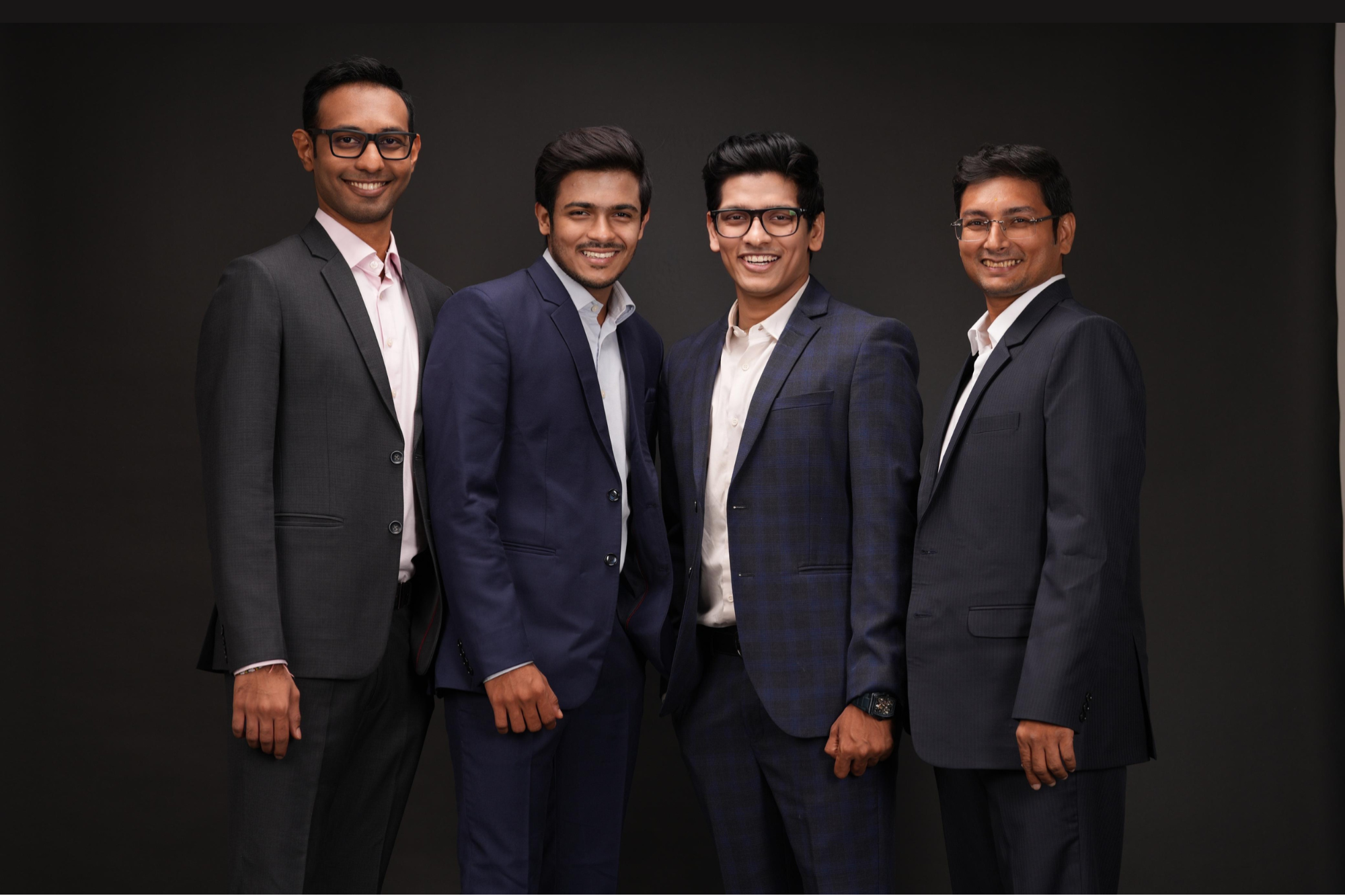A 'Digital Twin' Of Earth Will Soon Monitor the Planet's Health From Space Spacetch startup Pixxel aims to install a constellation of over 30 earth observation micro-satellites to detect, monitor, and predict global phenomena in real time
Opinions expressed by Entrepreneur contributors are their own.
You're reading Entrepreneur India, an international franchise of Entrepreneur Media.

"The idea is to monitor any place on the planet every day and provide imagery and the tools to work with that imagery that would enable organizations across the world to detect, monitor, and predict global phenomena in real time," said Awais Ahmed, who founded Pixxel, a Bengaluru-based space-tech startup, with Kshitij Khandelwal in 2018.
A life-long mutual interest in space led the two technology enthusiasts to cross paths as students at BITS Pilani. In 2017, they teamed up for the SpaceX Hyperloop competition and ended up presenting their hyperloop pod prototype to billionaire Elon Musk at SpaceX HQ in Los Angeles, California. Following this, they began looking at other challenges.
"Our goal was to build space technology with AI tools that could be used to help tackle problems in agriculture, predict yields and track the spread of certain crop pests and diseases, detect illegal mining, predict and monitor natural disasters and forest fires, among other pressing problems," explained Ahmed.
But there was a problem: the satellite imagery of the earth that was freely available for analysis in most cases was years old, implying that one couldn't fix what one couldn't see. To solve global issues, one needed regular, up-to-date data that could help identify the stress pointers. Ahmed and Khandelwal reached out to many companies in Europe and the US that analyzed satellite imagery to provide insights. They received an almost unanimous response that there was indeed a lack of information-rich space imagery and that the companies would be willing to pay for more advanced data.
Realising that there was an emerging market for a new kind of satellite imagery, the two trailblazers started their journey at Pixxel in early 2018 with an aim to build a constellation of microsatellites that would perform hyper-spectral imaging.
According to Ahmed, hyperspectral imaging from space has the power to help with pressing issues that are invisible to today's satellites. "With hyperspectral imaging, we capture light in multiple narrow wavelengths which allows us to dabble into the chemistry of the image that we're capturing. So instead of telling you whether a piece of the farm is green or not, we can identify what type of crop grows there, the chlorophyll content in the leaves, the moisture in the soil, the stage of growth, etc.," he explained.
An endeavour so forward-looking both in terms of technology and environmental wellness necessitates bringing an army of talented and committed engineers, researchers, and experts on board. "We're nearly 60 people now with varying experience levels and backgrounds. Many are from top schools like the IITs, IIST, and BITS and a few have also previously worked at organizations like ISRO, Team Indus, and others," informed Ahmed.
Big ideas, though, do not immediately translate into big investors. Given that Ahmed and Khandelwal started their startup to advance space technology—a rather expensive business—in their early 20s as students with zero industry credibility, raising funds can't not have been a huge challenge.
"Raising funding, in the beginning, was a challenge, but we've been fortunate to have some amazing investors onboard. The recent $25 million Series A funding, which also happens to be the largest space tech funding in India till date, was led by Radical Ventures and Blume Ventures, among others," he said.
In April this year, the company launched its first satellite, Shakuntala, with Musk's SpaceX. It now plans to send several more during 2022-23 and is currently manufacturing for the same. Pixxel's upcoming large satellite assembly and testing facility in Bangalore will kick-start commercial scales around the globe, enabling it to become self-sustaining through revenues soon, claimed Ahmed.











